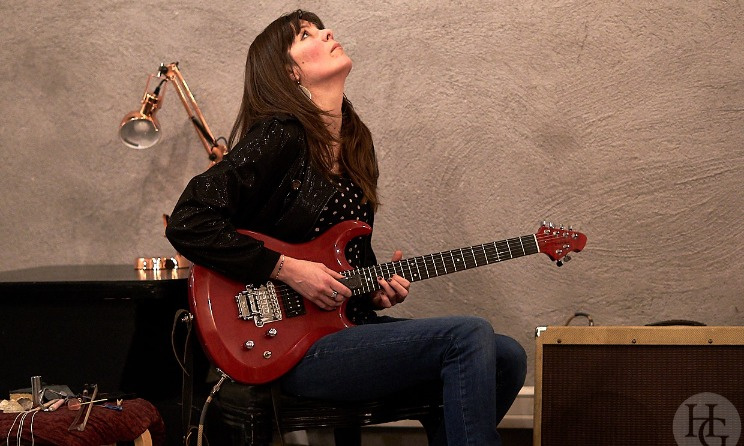Call for scores: 2022 guitar conference in the US
The 21st Century Guitar international interdisciplinary conference, in collaboration with the International Guitar Research Centre, is accepting scores for its third edition in the US between 17 and 20 March 2022.
 The application deadline is 31 August. Photo: The 21st Century Guitar
The application deadline is 31 August. Photo: The 21st Century Guitar
The annual event brings together academics, composers and performers from different fields interested in contemporary approaches to guitar research, sound production, composition, performance and pedagogy.
Next year’s edition will run under the theme, The guitar in Contemporary Chamber Music.
Interested composers can submit scores in the following categories:
- Chamber Works – The conference is looking for contributions for up to eight performers. At least one, and no more than two, should be a guitar of any type. Works shorter than eight minutes will be prioritised.
- Solo, Duos, Trios and Quartets – The conference is in search of contributions for up to four performers, at least one of which must be guitar (any type). Guitar duos, trios and quartets are also welcome. Works using electronics are welcome, and all works must have been composed after the year 2000.
Interested composers should submit their scores via the application form here.
The application deadline is 31 August. Successful entrants will be notified by 30 September.
Meanwhile, The 21st Century Guitar is seeking lectures or lecture-recitals on any type of guitar and style under one or more of the following areas:
- Performance techniques in contemporary guitar in chamber music.
- Compositional approaches in contemporary guitar in chamber music.
- New instruments and instrument designs.
- Inter-instrument approaches.
- Acoustics and physical modelling.
- Contemporary approaches to guitar pedagogy.
- Musicological or historical research on the guitar in contemporary chamber music,
- Phenomenological aspects of guitar performance.
- Artistic research approaches to the guitar in contemporary chamber music.
- Empirical research in guitar skill acquisition and performance (motor learning, cognition, psychology, embodied cognition, biomechanics).
View more information here.





















Commentaires
s'identifier or register to post comments